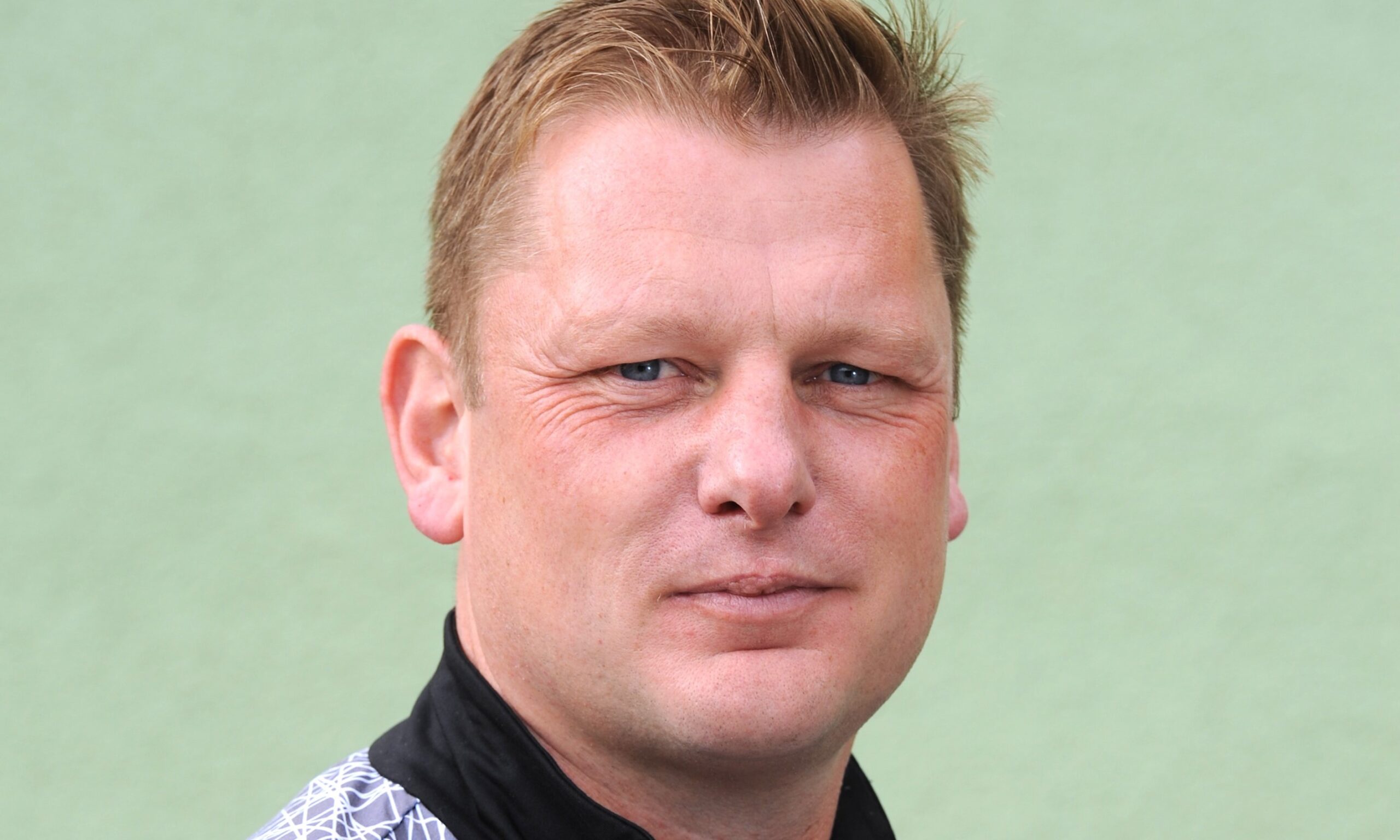Professional athletes need a second career – here’s how apprenticeships can soften the blow of retirement
Posted on: 24th Apr 2025 Apprenticeships
Apprenticeships 
Justin Merritt, founder and CEO of Ignite Training, explains why now is the time for sports clubs to address social responsibility for athletes when they retire by understanding the power of apprenticeships
Life as a professional athlete is often portrayed as fulfilling the ultimate dream. It can be rewarding, ruthless, financially lucrative and mentally draining in equal measure.
In almost all cases, second – sometimes third – careers are necessary.
Sporting icons of our generation including Roger Federer, AP McCoy and Colin Jackson have placed on record their struggles when stepping away from the limelight, describing it as “sheer hell” and facilitating the total loss of identity.
A professional athlete will commit his or her life to one goal of being the very best in their discipline.
For the fortunate few that make it, a lifestyle of total seven-day-a-week commitment, a constant expectation to perform and the threat of the younger generation coming through the ranks to take your place awaits.
And by time they turn 34, it’s over for the majority. This is when athletes face perhaps their toughest challenge – transitioning into the real world where everything they had previously worked towards is now redundant.
It’s hardly surprising, therefore, that a report published by the International Olympic Committee in 2023 found one in three athletes suffer from anxiety and depression when their careers end.
One in four also experience severe mental health problems, and it’s estimated 40 per cent of professional footballers in the UK are at risk of bankruptcy within five years of retirement.
Natasha Gale – a European champion boxer – retired from the ring in 2019. She now runs her own cleaning firm, but in a BBC interview she opened up how retiring prompted the toughest round of her life.
“I was bedbound,” she said. “I had all this time, and nothing to do. It is like restarting your life again.”
The reality is the majority of elite athletes simply aren’t prepared to make that transition into the real world.
Governing bodies, sports clubs and player associations all have a collective social responsibility to care for athletes’ mental and physical wellbeing when they step away from everything they know.
So, what is the answer?
In the present economic landscape when time, resource and funds might be at a premium, apprenticeships tick all the boxes.
Before anything, I should clarify apprenticeships today are delivered across all professions to people of all ages and experiences starting from Level 2 right up to Level 7 – equivalent to a Master’s degree.
It’s why at Ignite Training we work with professional and retired athletes, coaches and even team managers to help them develop the skills, knowledge and behaviours required to support a transition into their future careers.
Education is flexible, non-intrusive, and fits around athletes’ existing commitments which are always prioritised. For clubs, training is funded through the apprenticeship levy as part of the Government’s drive to plug the critical level of skill shortages in the UK right now.
Professional rugby player Yann Thomas has more than 200 appearances in the Premiership for clubs including Gloucester and Bristol Bears. He turned 35 this month, and is one of our apprentices working towards a qualification in sports coaching.
For Yann, studying an apprenticeship was a no-brainer. Every professional athlete nearing the end of their career concerned about their future should be following in Yann’s footsteps.
Speak to your club, find out about the development opportunities available and aspire to be the best version of yourself in retirement. The programmes are there, just not everyone is aware of the opportunity – which is exactly what an apprenticeship represents.
We’re especially proud to work with our existing partners Bristol Bears, West Ham United, Norwich City FC, Birmingham City FC, Solihull Moors, Notts County and Oxford City FC who have all understood the true value of vocational training for staff.
Maybe your club could be next.
Justin Merritt, Ignite Training CEO.







